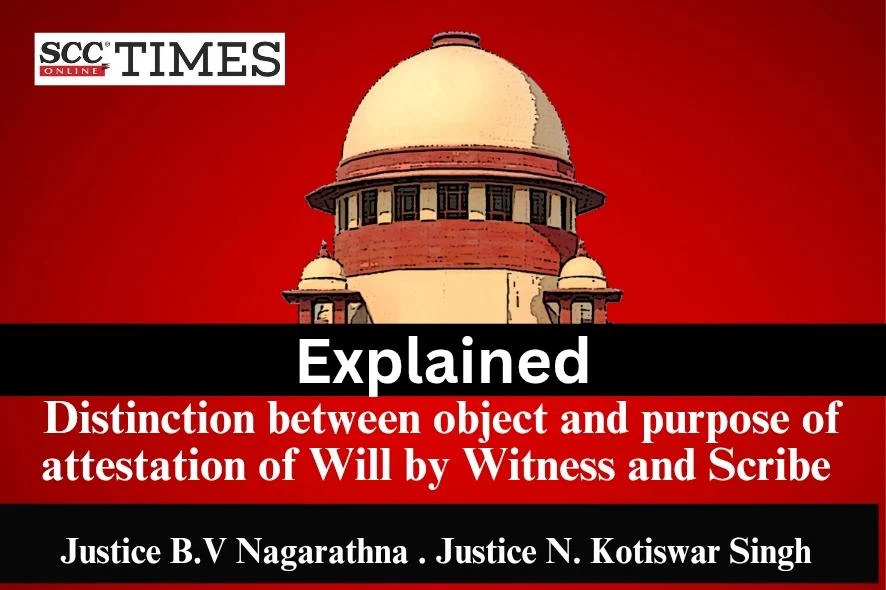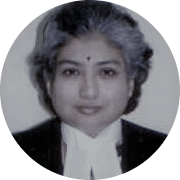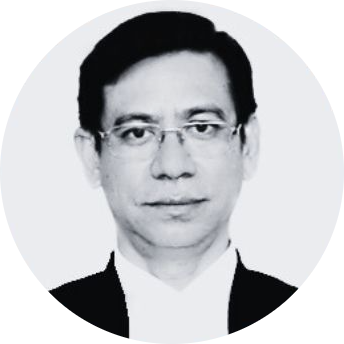Supreme Court: While considering the instant appeal revolving around proving the execution of a Will, the Division Bench of B.V Nagarathna and N. Kotiswar Singh, JJ., explained that the object and purpose by which a Will is attested by a witness is quite distinct from the object and purpose by which a scribe would attest a Will; an attesting witness would attest a Will on the request made by the testator for the purpose of due execution of the Will and in accordance with Section 63 of the Succession Act, 1925. However, the object and purpose with which a scribe or for that matter, a draftsman of the Will would attest, is not the same.
Background and Contentions:
T, N and K (wife of N) were allotted certain land by the State Government which was divided by way of a compromise as Schedule A, Schedule B (i), and Schedule B(ii) respectively. N, who was the sole owner of the schedule B(i) property passed away on 20-01-1982 leaving behind his widow-K as the sole legal heir. The other brother- T was the sole owner of schedule A property and he passed away on 15-01-1991 leaving behind his widow-B, four daughters and two sons as legal heirs.
K passed away in 2001, issueless, leaving behind the plaintiffs and defendants as her sole legal heirs under the Hindu Succession Act, 1956. Thus, the plaintiffs and defendants became joint owners of the entire Schedule ‘A’, ‘B(i)’, and ‘B(ii)’ lands in equal shares, without any formal partition.
The plaintiffs made several requests to the defendants for partition of the suit land. However, the defendants eventually rejected the request, thereby leading to filing of a suit. It was claimed that Defendants 1 and 2 are the owners in possession of the Schedule ‘A’ and ‘B’ lands. During her lifetime, K executed an unregistered Will and a deed of relinquishment in favour of Defendant 1 on 15-05-1995 with respect to the Schedule B(i)’ and ‘B(ii)’ lands. Consequently, upon her death, Defendant 1 became the owner in possession of these lands and has been residing there with his family.
By judgment dated 20-02-2021, the Trial Court decreed the suit declaring that the plaintiffs and the defendants were entitled to 1/6th share in Schedule A and B properties and directed partition the suit property by metes and bounds. The Trial Court observed that all the Schedule properties were the self-acquired properties as they were allotted by the State Government and upon the death of K issueless, the plaintiffs and defendants were their sole legal heirs. The Trial Court further held that Defendant 1 failed to discharge his burden to prove the Will dated 15-05-1995 in terms of Section 68 of the Evidence Act, 1872 read with Section 63 of the Succession Act 1925.
Being aggrieved, Defendant 1 approached Tripura High Court, which allowed the First Appeal and set aside the judgement and decree passed by the Trial Cout. The High Court further held that the Will dated 15-05-1995 was valid in the eyes of the law. Hence the instant appeal came into being.
Counsels for the appellants argued that the High Court was not justified in reversing the findings arrived at by the Trial Court with regard to the proof of execution of the Will.
Per contra, the respondents argued that the Will dated 15-05-1995 clearly mentioned the name of the attesting witnesses and the scribe.
Court’s Assessment:
Perusing the Will in question, the Court took note of the evidence presented Defence Witness 3 (DW 3) who was one of the attesting witnesses and pointed out that in his examination-in-chief, DW 3 did not mention that who the other attesting witnesses of the said testament was, whether they were present at the time when he attested the Will, or it was done in their absence and no other details with regard to the attestation of the Will. In his cross-examination also, DW 3 had demonstrated his ignorance about the date of execution of the Will; the place of his drafting and other such crucial details.
Insofar as DW-1, who is the propounder of the Will is concerned, in his examination-in-chief there were no details as to the names of the attesting witnesses.
The Court further noted that there was no reference to the attesting witnesses who had attested the said testament. Even though only one attesting witnesses was called to let in evidence in the matter, at least the propounder of the Will ought to have testified with regard to the proper execution of the Will inasmuch as details regarding the presence of the attesting witnesses at the time of the execution of the will and other crucial details are conspicuous by their absence. In the circumstances, the Court found that the evidence let in by the propounder of the Will is lacking in material particulars so as to conclude that there has been proof of the Will.
The Court further pointed out that the evidence of DW-2 who was the scribe of the Will, failed to inspire confidence therefore cannot be believed at all. It was pointed out that DW-2 is also a stranger to the testator as there are no details as to how he is ever acquainted with K let alone being called to draft her testament.
With the afore-stated assessment, the Court found that the Will has not been proved in accordance with Section 63 of the Succession Act read with Section 68 of the Evidence Act. It was further found that the very execution of the Will is surrounded by suspicious circumstances which have not been erased by DW-1, the propounder of the Will.
Hence, the Court set aside the decision of Tripura High Court and restored the decision of Trial Court which had discarded the Will and directed that the plaintiffs are entitled to 1/6th share in both A and B scheduled properties.
CASE DETAILS
|
Citation: Appellants : Respondents : |
Advocates who appeared in this case For Petitioner(s): For Respondent(s): |
CORAM :








